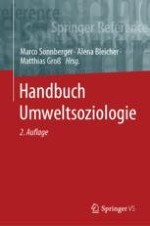2024 | OriginalPaper | Chapter
Rohstoffe im 21. Jahrhundert
Authors : Diana Ayeh, Alena Bleicher
Published in: Handbuch Umweltsoziologie
Publisher: Springer Fachmedien Wiesbaden
Activate our intelligent search to find suitable subject content or patents.
Select sections of text to find matching patents with Artificial Intelligence. powered by
Select sections of text to find additional relevant content using AI-assisted search. powered by
